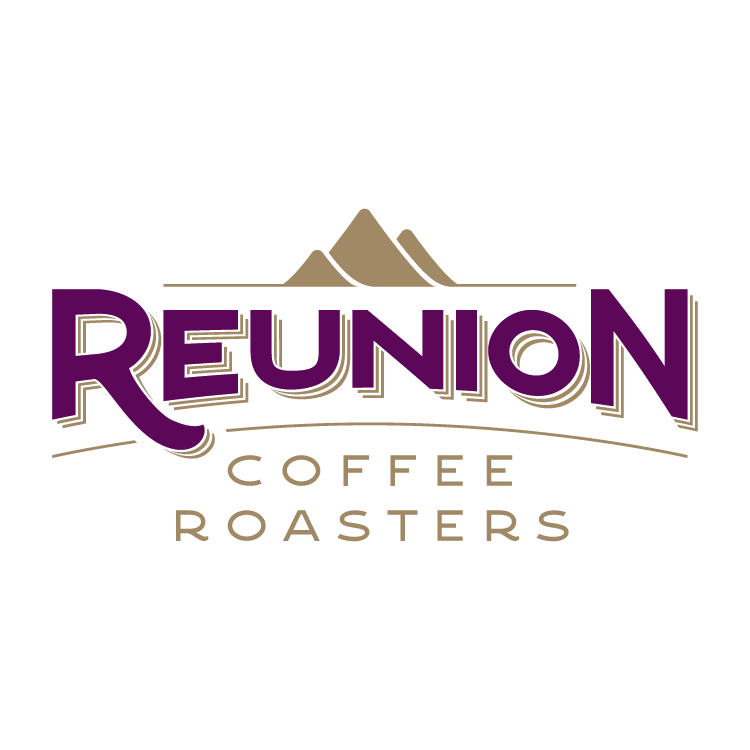

Reunion Coffee Roasters

Ontario, Canada
July 2013
Food products
Manufacturing
Canada
Reunion Coffee Roasters (RCR) is a Canadian, family-owned specialty coffee roaster. They provide customers around the world with exceptional tasting coffees, including Organic, Fair Trade, Direct Trade and Rainforest Alliance certified varieties. Headquartered in Oakville, Ontario, RCR operates out of one of Canada’s largest renewable energy-powered roasting facilities, through their relationship with Bullfrog Power. Reunion Coffee Roasters is a Certified B Corporation and has made it their mission to use coffee as a force for good in the world. To do this, they maintain long-standing partnerships with producers and farmers who share in this commitment and who apply stringent and transparent processes to how they grow and harvest ethical coffee. In 2015, the company was named as Roast Magazine’s global Macro Roaster of the Year, an award that recognizes companies that roast coffees of superior quality and exemplify a dedication to sustainability. They are part of Canada’s Greenest Employers list (2017, 2018) and have been named one of Canada’s Top 100 Employers (2018).
Overall B Impact Score
Governance 14.0
Governance evaluates a company's overall mission, engagement around its social/environmental impact, ethics, and transparency. This section also evaluates the ability of a company to protect their mission and formally consider stakeholders in decision making through their corporate structure (e.g. benefit corporation) or corporate governing documents.
What is this? A company with an Impact Business Model is intentionally designed to create a specific positive outcome for one of its stakeholders - such as workers, community, environment, or customers.
Workers 22.1
Workers evaluates a company’s contributions to its employees’ financial security, health & safety, wellness, career development, and engagement & satisfaction. In addition, this section recognizes business models designed to benefit workers, such as companies that are at least 40% owned by non-executive employees and those that have workforce development programs to support individuals with barriers to employment.
Community 20.5
Community evaluates a company’s engagement with and impact on the communities in which it operates, hires from, and sources from. Topics include diversity, equity & inclusion, economic impact, civic engagement, charitable giving, and supply chain management. In addition, this section recognizes business models that are designed to address specific community-oriented problems, such as poverty alleviation through fair trade sourcing or distribution via microenterprises, producer cooperative models, locally focused economic development, and formal charitable giving commitments.
What is this? A company with an Impact Business Model is intentionally designed to create a specific positive outcome for one of its stakeholders - such as workers, community, environment, or customers.
Environment 23.1
Environment evaluates a company’s overall environmental management practices as well as its impact on the air, climate, water, land, and biodiversity. This includes the direct impact of a company’s operations and, when applicable its supply chain and distribution channels. This section also recognizes companies with environmentally innovative production processes and those that sell products or services that have a positive environmental impact. Some examples might include products and services that create renewable energy, reduce consumption or waste, conserve land or wildlife, provide less toxic alternatives to the market, or educate people about environmental problems.
What is this? A company with an Impact Business Model is intentionally designed to create a specific positive outcome for one of its stakeholders - such as workers, community, environment, or customers.
Customers 4.7
Customers evaluates a company’s stewardship of its customers through the quality of its products and services, ethical marketing, data privacy and security, and feedback channels. In addition, this section recognizes products or services that are designed to address a particular social problem for or through its customers, such as health or educational products, arts & media products, serving underserved customers/clients, and services that improve the social impact of other businesses or organizations.